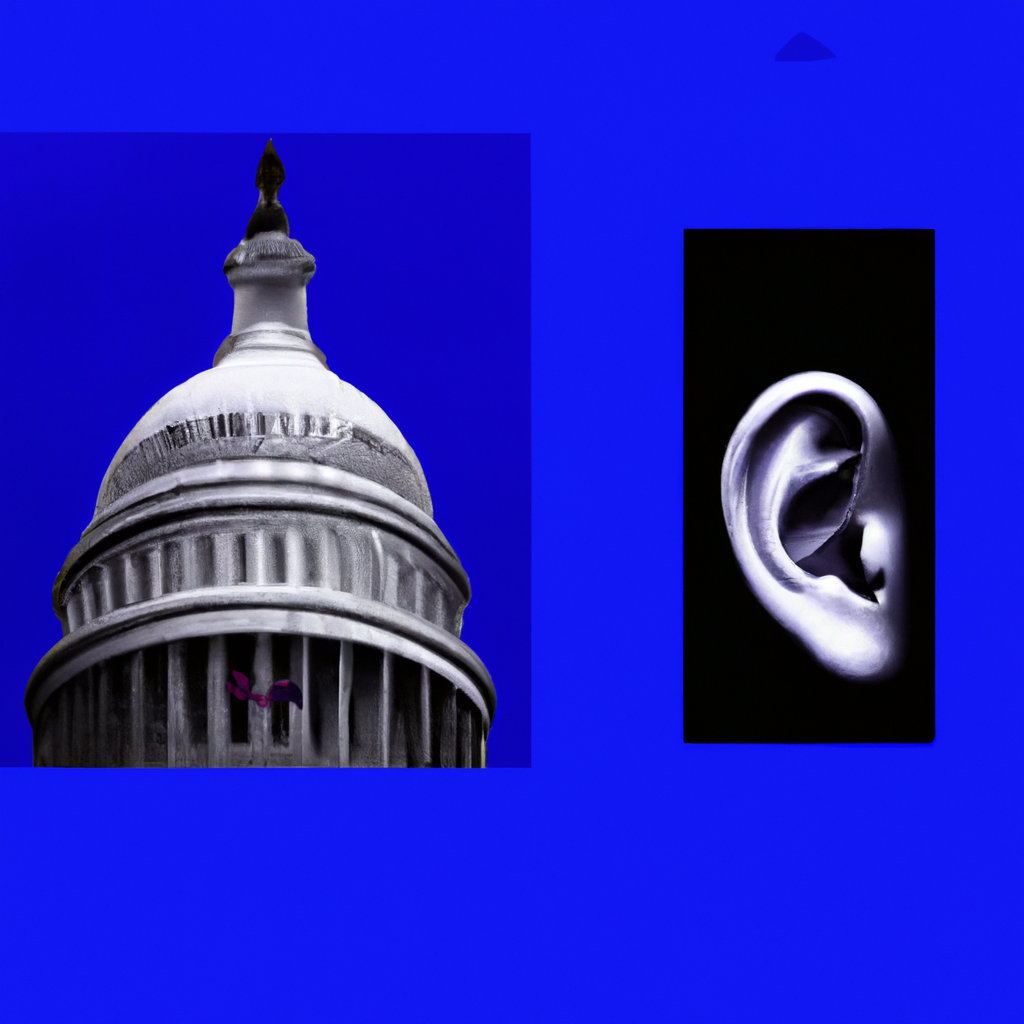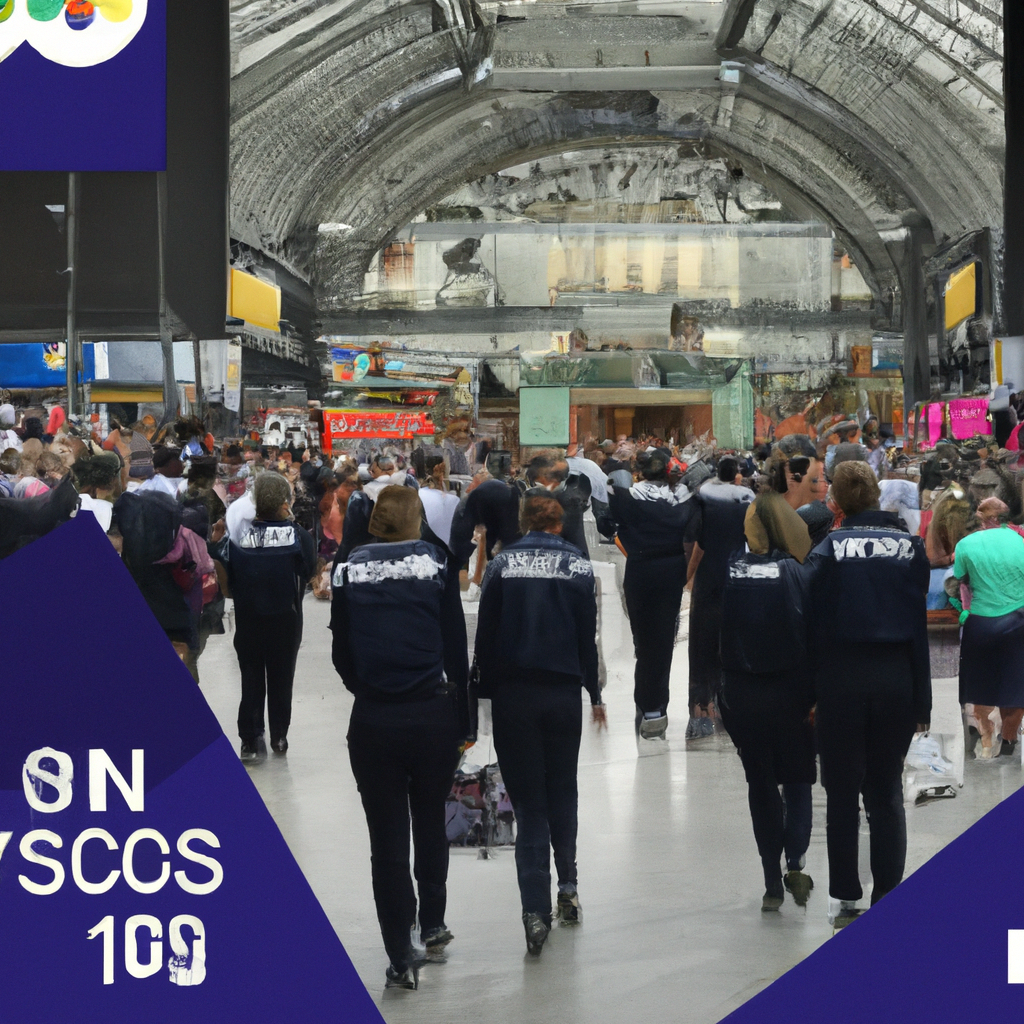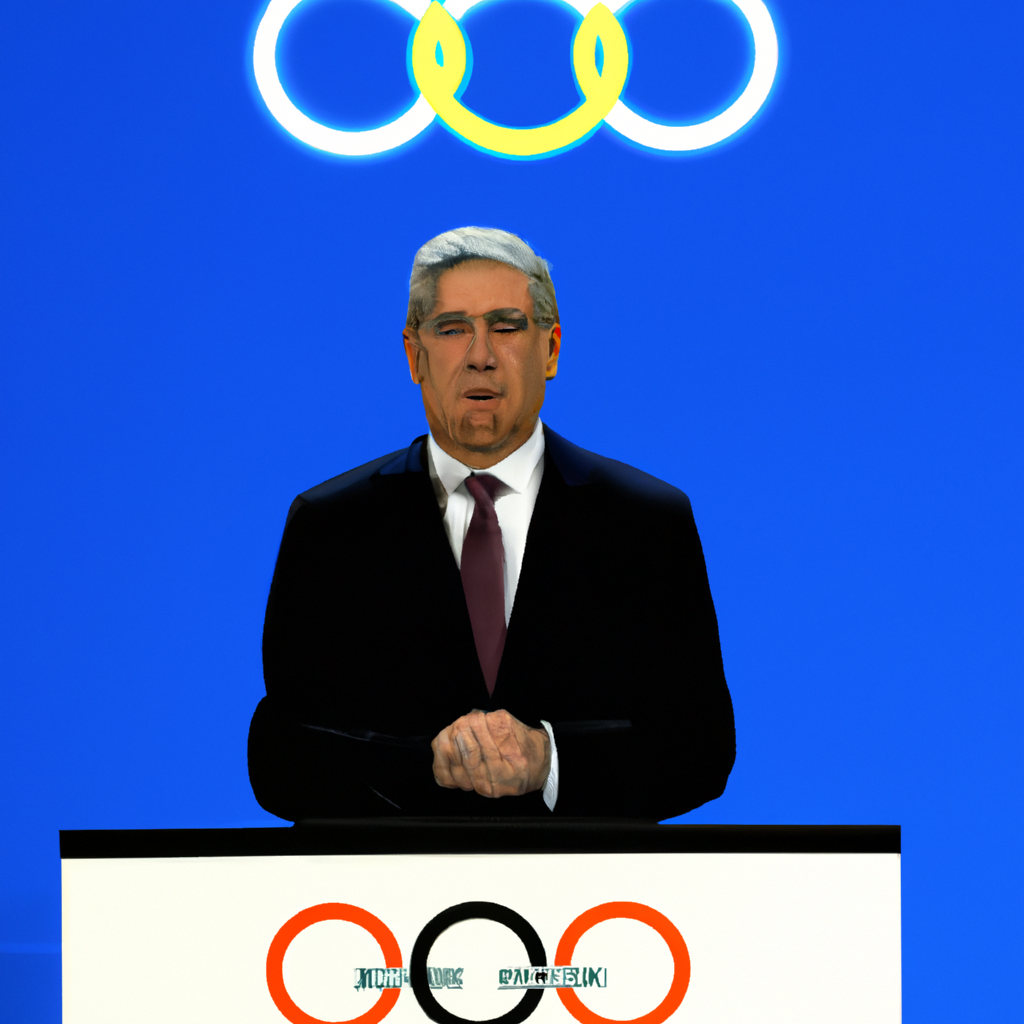Read in your native language
english german italian french spanish mandarin arabic portuguese russian japanese
Supreme Court Ruling on First Amendment and Government's Role in Social Media Moderation
The recent Supreme Court ruling in a 6–3 decision dismissed a case brought by attorneys general from Louisiana and Missouri, who alleged that the government had infringed upon citizens' First Amendment rights through undue influence over social media platforms. The court indicated that the plaintiffs did not have sufficient evidence to prove standing in their lawsuit against the U.S. government regarding claims of coerced censorship of conservative content. This case stirred significant debate about the balance between regulating misleading information and maintaining free speech rights on digital platforms.
Perspectives Involved
1. States (Plaintiffs)
The attorneys general from Louisiana and Missouri represent states arguing that their residents’ rights are compromised by government communications with social media.
- Benefits: If successful, this case could protect First Amendment rights against perceived government overreach, ensuring a more transparent and less regulated online environment.
- Risks: Not having the case heard could undermine their authority, making states appear powerless against federal policies affecting their citizens.
- Losses: The dismissal could embolden the federal government to continue influencing platforms without fear of legal repercussions.
2. The U.S. Government
The government, represented by its agencies like the CDC and CISA, asserts that communication with social media is crucial for disseminating accurate information, particularly during emergencies.
- Benefits: Effective partnerships can help the government combat misleading information and improve the public’s access to critical information, like emergency advisories and voting information.
- Risks: Scrutiny from the public and legal challenges regarding freedom of speech could emerge, leading to hesitancy in necessary public communication.
- Losses: A chilling effect on efforts to ensure the public remains informed, especially during crises, if perceived as coercive.
3. Social Media Platforms
The platforms, which were allegedly coerced into moderating content, have remained at the center of this legal battle.
- Benefits: More freedom to operate without government interference can bolster innovation and user trust.
- Risks: Weighing the balance between tackling misleading information and preserving users’ First Amendment rights could become increasingly complex.
- Losses: In absence of clear guidelines, social media companies risk backlash from both the public and government for their content moderation decisions.
Analysis of the Ruling
In the majority opinion, Justice Amy Coney Barrett noted that platforms have independent incentives to moderate content and often act based on their judgments rather than direct government pressures. This reinforces the notion that companies must take responsibility for the information they allow on their platforms.
Relevancy Meter
Visual Representation
The following infographic highlights the key elements of the court's ruling, the perspectives of those involved, and the implications for future government-social media interactions.
Key Takeaways:
- 6-3 Supreme Court ruling dismissed case on First Amendment rights.
- Government agencies need to balance misleading information with public communication.
- Social media platforms are navigating unprecedented challenges amidst scrutiny.
Keywords: Supreme Court, First Amendment, misleading information, social media, government
Author: Andrej Dimov
Published on: 2024-07-26 21:13:26



